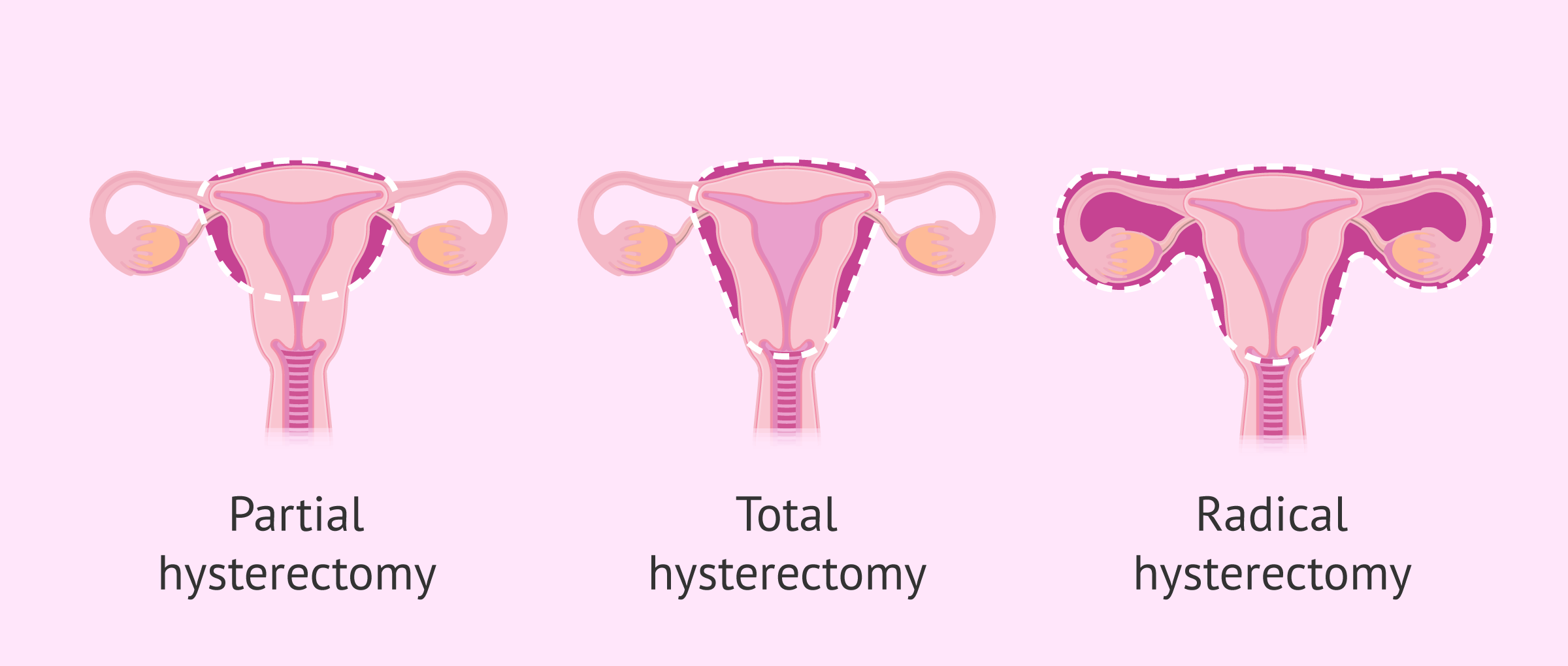Vaginal Hysterectomy in Iran
Iran has emerged as one of the top destinations for women’s health tourism and fertility treatments at affordable prices. Thousands of international patients travel to Iran every year for specialized care, especially for vaginal hysterectomy in Iran, in reputable women-only hospitals and clinics managed by skilled Iranian female specialists.
From early detection of gynecological conditions to infertility treatments and routine checkups, Iran’s gynecology and obstetrics centers are known for their advanced technology, high success rates, compassionate care, and culturally sensitive environments.
Are you looking for affordable, world-class medical care? Iran offers a combination of expert physicians, state-of-the-art facilities, and unforgettable cultural experiences- all at a fraction of the cost you’d pay in Western countries.
Welcome to Receive Advanced Women’s Healthcare in Iran with the warmth of Persian hospitality!
What Is a Vaginal Hysterectomy?
A hysterectomy is a surgical operation to remove the uterus and is typically carried out by a gynecologist. Depending on the patient’s condition, the surgery can be:
-
Total hysterectomy: Often called “complete”, it is the removal of the uterus and cervix.
-
Partial hysterectomy: also known as “Supracervical”, which is the removal of the uterus while keeping the cervix intact.




